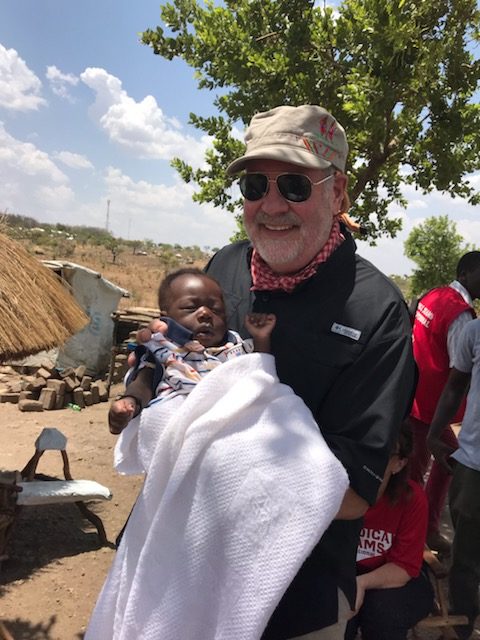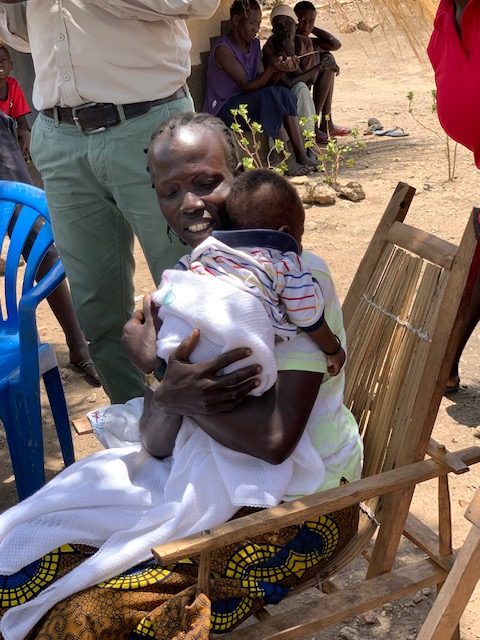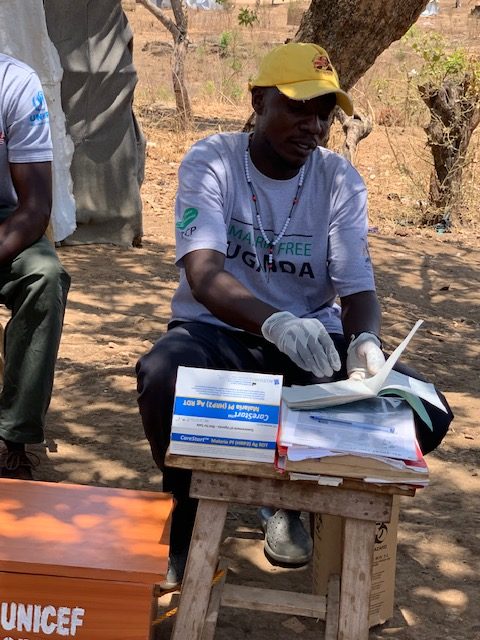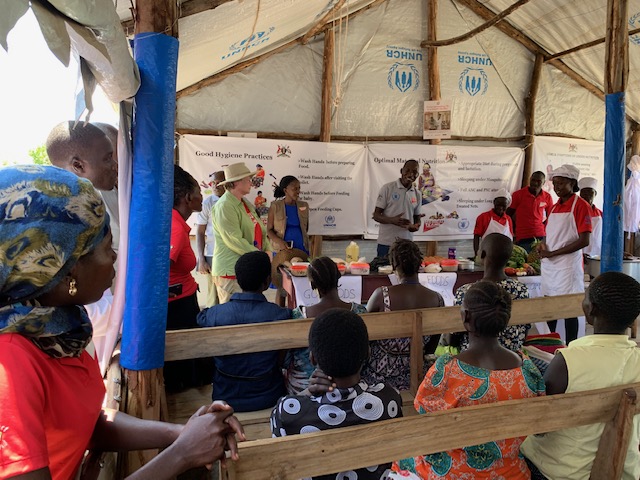By Steve Moore

“The Promise of the Nonprofit Sector” is one of the key themes that flows through the hallways of the Murdock Trust and fuels our work. Time and again, we have seen the outsized impact that a single idea or project or donation can have on the greater good. Like very few other sectors in our region, the nonprofit sector has the ability, every day, to initiate ripples of positive change that can be felt far and wide and over generations to come.
- Investing one hour a week mentoring a child could steer that individual away from self-destructive life choices and towards a life of community service.
- Supporting a single parent as they seek to pursue their education could help lift future family generations out of the cycle of poverty.
- Creating protections for an acre of public land could save thousands of wildlife and help preserve the beauty and health of our region.
- Funding a new instrument could accelerate critical research that saves the lives of thousands of patients with a rare disease.
As much as we see these ripples of impact in our own communities, we can also see the result of the generosity and commitment to service of the Pacific Northwest community on a global scale.

Recently, I had the unique opportunity to travel to Uganda and observe the work of some of our grantees and philanthropic partners in person, including the work of Medical Teams International, Mission Aviation Fellowship, World Vision, Restoration Gateway and the World Food Programme. To say it was life-changing is an understatement.
While many in the U.S. often take trips to the doctor as just part of our yearly routine, in many regions in the developing world that have been ravaged by war and famine, an emergency 10-minute visit with a doctor for vaccines can mark the difference between life and death.
Teams that invest a few days installing water wells for clean drinking water provide a life-saving resource for an entire village of people that will serve generations.
Volunteers who extend hospitality and basic necessities for refugees provide support, resources and love to men, women and children who may have lost everything they own in a bid for freedom and safety. It is also a great reminder of the impact of stable, effective, democratic governments in providing critical needs for communities and regions.

Often, the impact of the work of the nonprofit sector can escape our awareness, unless we have direct contact with their efforts. Reports and stories on social media are helpful in conveying the ways that these organizations are serving the common good, but nothing can touch our spirit, nothing can truly show the effect of the work being done like observing and being a part firsthand.
We are approaching the summer season, a time when school breaks for the year, many families enjoy a time away on vacation and many offices shift to different workloads or rhythms. While we should all take this time to enjoy the many gifts of summer in the Pacific Northwest, this is also an ideal time for all of us to connect with the work of the nonprofits that serve our communities.
I encourage everyone to take some time – a day, a half-day, or even an hour – to connect with a nonprofit that you support and look for ways you can experience first hand the work they are doing on the front lines of need in our region. This could be volunteering at your local food bank, helping clean up a local park, holding the hands of a scared child at a vaccine clinic, organizing volunteers for a blood drive, or any other task that serves the common good.
I want to personally thank Medical Teams International, Mission Aviation Fellowship, World Vision, Restoration Gateway, the World Food Programme and others for allowing my wife and me the opportunity to share in their efforts firsthand and experience the daily miracles they help occur. We are grateful for all that you do to serve the common good here in the Pacific Northwest and around the world.








